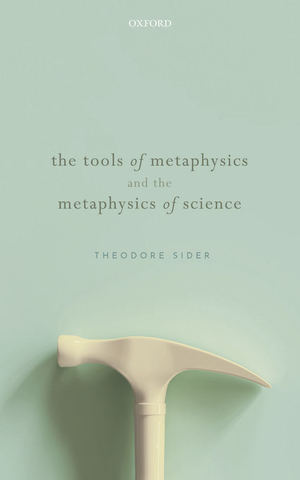

A prodigious researcher and writer, Aristotle left a great body of work, perhaps numbering as many as two-hundred treatises, from which approximately thirty-one survive.

Judged solely in terms of his philosophical influence, only Plato is his peer: Aristotle's works shaped centuries of philosophy from Late Antiquity through the Renaissance, and even today continue to be studied with keen, non-antiquarian interest. An excellent example of Aristotle's dialectical method, which reasons from reliable opinions rather than known truths, this work offers a fine introduction to classical metaphysics.Īristotle (384–322 B.C.) numbers among the greatest philosophers of all time. He describes substance as both formal and material reality, and he discusses the relation between potentiality and actuality. The philosopher also defines substance as an underlying reality, or as the substratum of all existing things. Aristotle defines substance as ultimate reality, since substance belongs to no other category of being, and because substance serves as the basis for every other category of being. The central theme consists of an inquiry into how substance may be defined as a category of being. The philosopher's works are foundational to the history of science, and his treatise on metaphysics, or "first philosophy," is divided into sections on previous philosophical thought and theories a refutation of skepticism a demonstration of God's existence an examination of the relation of metaphysics to the other sciences an elucidation of the nature of the infinite and other major philosophical issues. "All men by nature are actuated with the desire of knowledge," declared Aristotle.


 0 kommentar(er)
0 kommentar(er)
